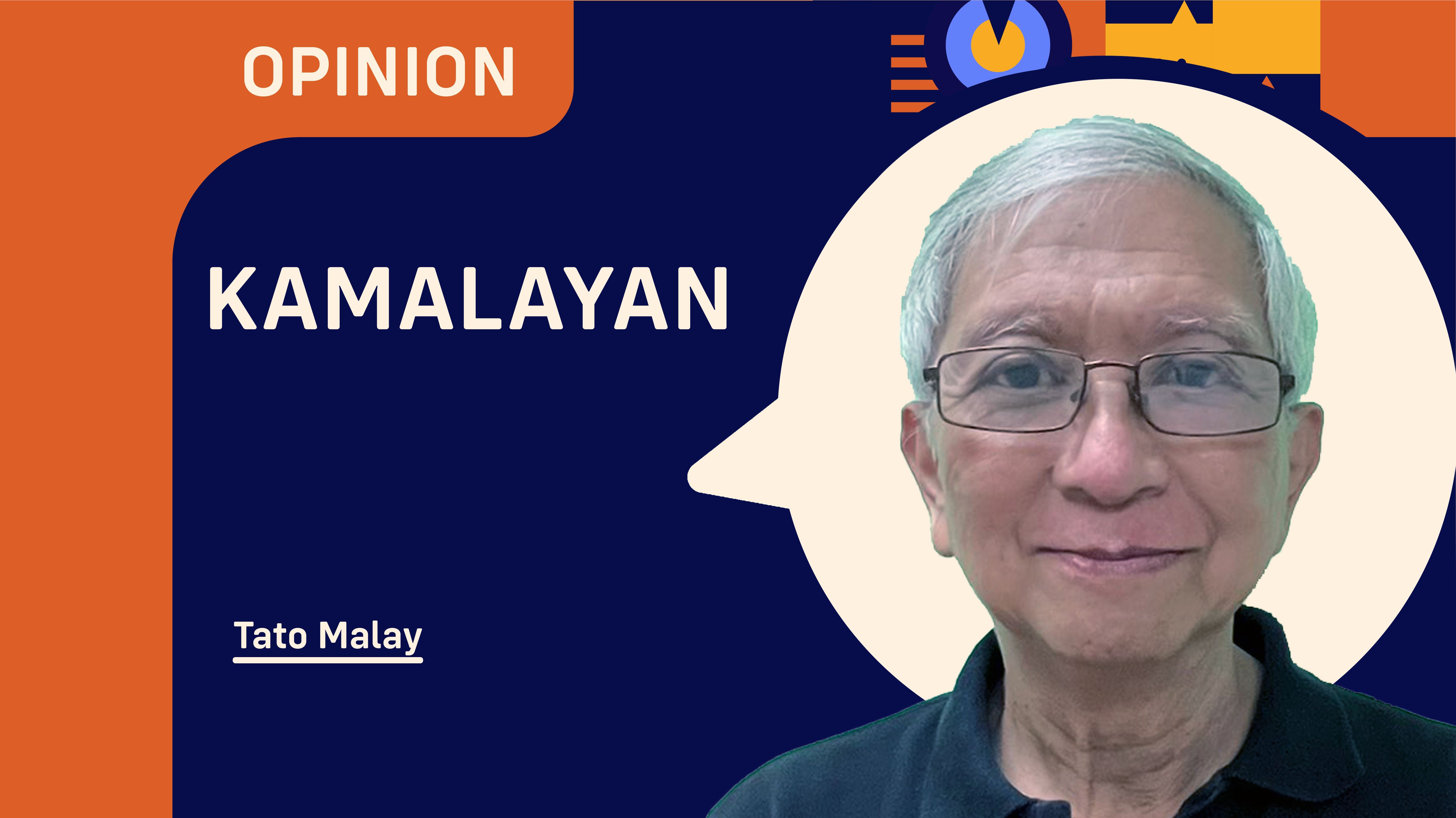I’m writing this in the glow of a YouTube video I just watched, featuring Lynne Twist - the author and global advocate who’s spent years fighting poverty, hunger, and injustice. Her words landed like a verdict on a moment when corruption in government has stolen trillions of pesos from the very taxes we Filipinos pay to keep our streets safe, our schools functioning, and our families fed. It’s hard not to feel the sting of that betrayal, especially when I’ve spent my own hours teaching about God’s attributes and turning those ideas into affirmations.
In class and in quiet moments afterward, I would say, “I am now realizing, revealing and expressing Beauty, Love, Intelligence, Completeness, Joy, Perfection, Courage, Energy and Sufficiency.” The last word - Sufficiency - has always unsettled some. A student once challenged me: isn’t God Abundant? Isn’t abundance a better frame for a universe where plenty exists? Twist helps me see the nuance: abundance and sufficiency are not enemies but different lenses on the same reality.
Twist speaks of a transition from a world of scarcity to a world of sufficiency. It’s not about hoarding resources or declaring that there’s “enough” in a blank, passive sense. It’s about shifting the underlying mindset, the move from “you or me” to “you and me.” In the old paradigm, success often meant someone else’s failure; in the new, success feels possible for all without stepping on others. This is not naive optimism but a practical reimagining of how systems work: economy, education, governance, even religion - each can either reinforce the scarcity story or become engines of shared sufficiency.
Her distinction between abundance and sufficiency matters. Abundance, in her framing, begins with recognizing and appreciating what we have - yet real abundance grows when that appreciation translates into effects that sustain everyone. Sufficiency is the functional state where people have enough to live a healthy, dignified life, and the community nourishes what each person needs to thrive. When I internalize that, I hear a hopeful counterpoint to the headlines about corruption: if we recalibrate what “enough” looks like and commit to systems that honor that line, resilience follows.
The video closes with a powerful quote from Hazrat Inayat Khan.
"I asked for strength
and God gave me difficulties to make me strong.
I asked for wisdom
and God gave me problems to learn to solve.
I asked for prosperity
and God gave me a brain and brawn to work.
I asked for courage
and God gave me dangers to overcome.
I asked for love
and God gave me people to help.
I asked for favours
and God gave me opportunities.
I received nothing I wanted.
I received everything I needed."
The creed becomes a practice: I may not get exactly what I asked for, but I receive what I need to grow, to learn, to serve.
So where do I begin with this in 2025? I start with gratitude that we’re allowed to dream beyond survival. I start with action - supporting transparent governance, accountability, and community-led programs that model sufficiency rather than scarcity. I teach that sufficiency isn’t passive; it’s a covenant to nurture the conditions where each person can contribute their talents, and where institutions realign from “you or me” to “you and me.” And I hold on to Twist’s reminder that the path toward real abundance is paved by recognizing enough, sharing it, and letting what we value - Beauty, Love, Intelligence, Completeness, Joy, Perfection, Courage, Energy - become the fuel for a more just and flourishing Philippines.
#WeTakeAStand #OpinYon #OpinYonColumn #Kamalayan
